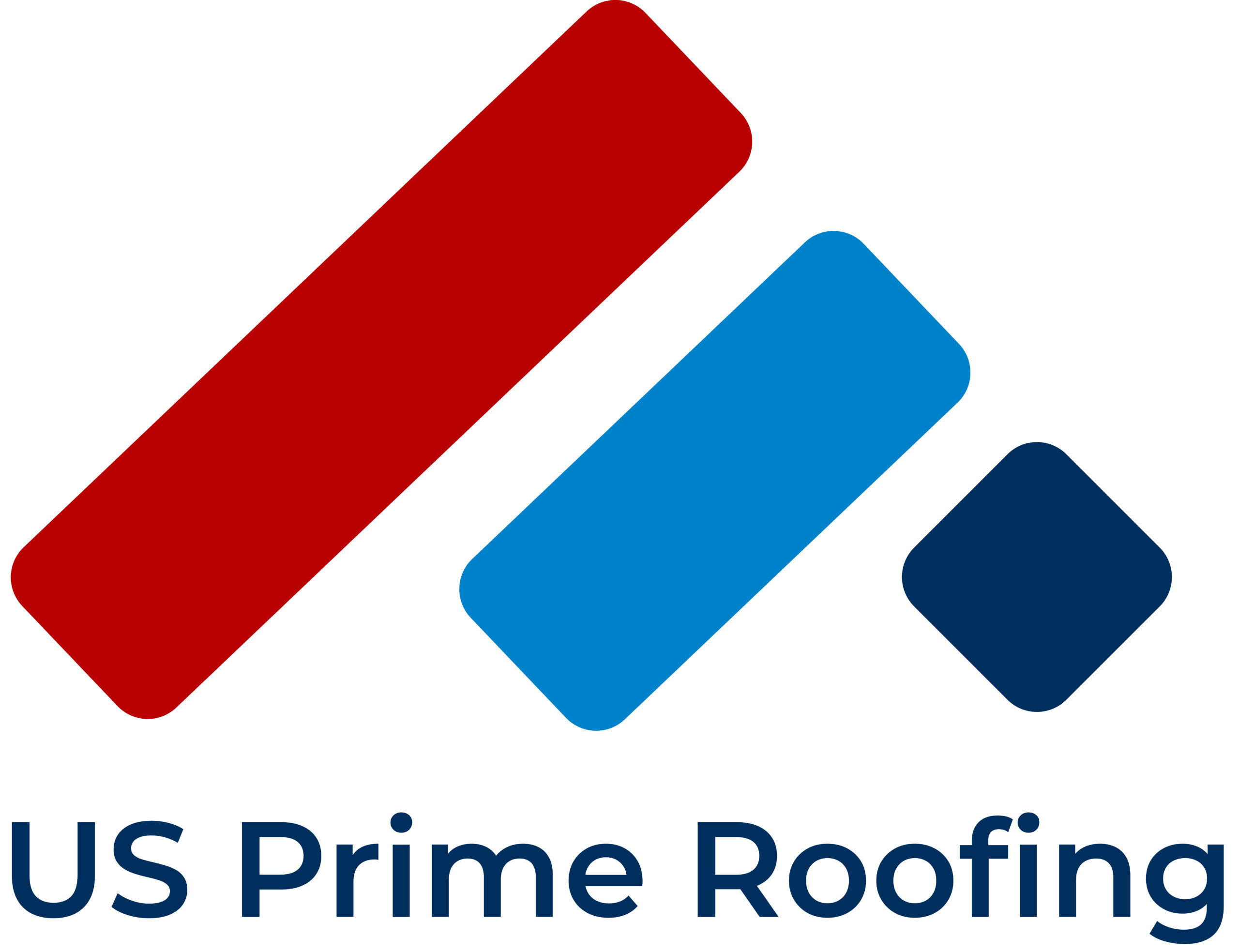RCV vs ACV Roof Insurance: What Texas Homeowners Need to Know
If you’ve ever filed a roof insurance claim, you’ve likely encountered the terms ACV (Actual Cash Value) and RCV (Replacement Cost Value). Understanding the difference between these two valuation methods is essential for knowing your out-of-pocket costs, claim process, and ultimate payout.
What Is an ACV Policy?
Actual Cash Value (ACV) policies pay you the current depreciated value of your roof—its replacement cost minus depreciation for age and wear. Depreciation is calculated based on the roof’s useful life and remaining lifespan. For example, a 10-year-old roof with a 20-year lifespan would be valued at 50% of its replacement cost. Wikipedia
-
Pros: Lower premiums, more affordable monthly payments.
-
Cons: Larger out-of-pocket expense when filing a claim; you only receive the depreciated amount upfront.
What Is an RCV Policy?
Replacement Cost Value (RCV) policies cover the full cost to replace your roof at today’s prices, without deducting for depreciation. Under an RCV policy, you first receive an ACV payment (minus your deductible), then—after completing the replacement and submitting proof—you receive a second payment for the recoverable depreciation. opic.texas.govBankrate
-
Pros: Minimal out-of-pocket beyond your deductible; full replacement cost coverage.
-
Cons: Higher premiums and eligibility requirements (often unavailable for older roofs).
RCV vs ACV in Action: An Example
Let’s say your roof damage totals $20,000, your deductible is $2,000, and depreciation on a 10-year-old roof is $6,000:
-
ACV Policy:
-
Insurance pays $20,000 − $6,000 (depreciation) − $2,000 (deductible) = $12,000
-
You pay $8,000 out of pocket.
-
-
RCV Policy:
-
Insurance pays $20,000 − $2,000 (deductible) = $18,000 upfront (ACV portion).
-
After replacement, insurer releases the $6,000 depreciation.
-
Your total out-of-pocket is only the $2,000 deductible.
-
The result? RCV puts $6,000 more in your pocket when replacing a 10-year-old roof.
Why It Matters for Texas Homeowners
North Texas storms can strike unexpectedly—hail, high winds, and severe weather are common. Choosing the right policy impacts:
-
Cash flow during repairs
-
Claim satisfaction and speed
-
Long-term costs vs. premium savings
ACV may save on premiums but increase your claim expenses. RCV typically costs more monthly but avoids a large cash shortfall at claim time.
Key Takeaways
-
ACV = Depreciation deducted; lower premiums; higher claim cost.
-
RCV = Full replacement cost; higher premiums; lower claim cost.
-
Always verify your policy type with your agent before a storm hits.
If you’ve recently filed a claim or want clarity on your roof coverage, contact US Prime Roofing. We’ll review your policy, explain your options, and guide you through the claims process—so your roof is covered the right way.


